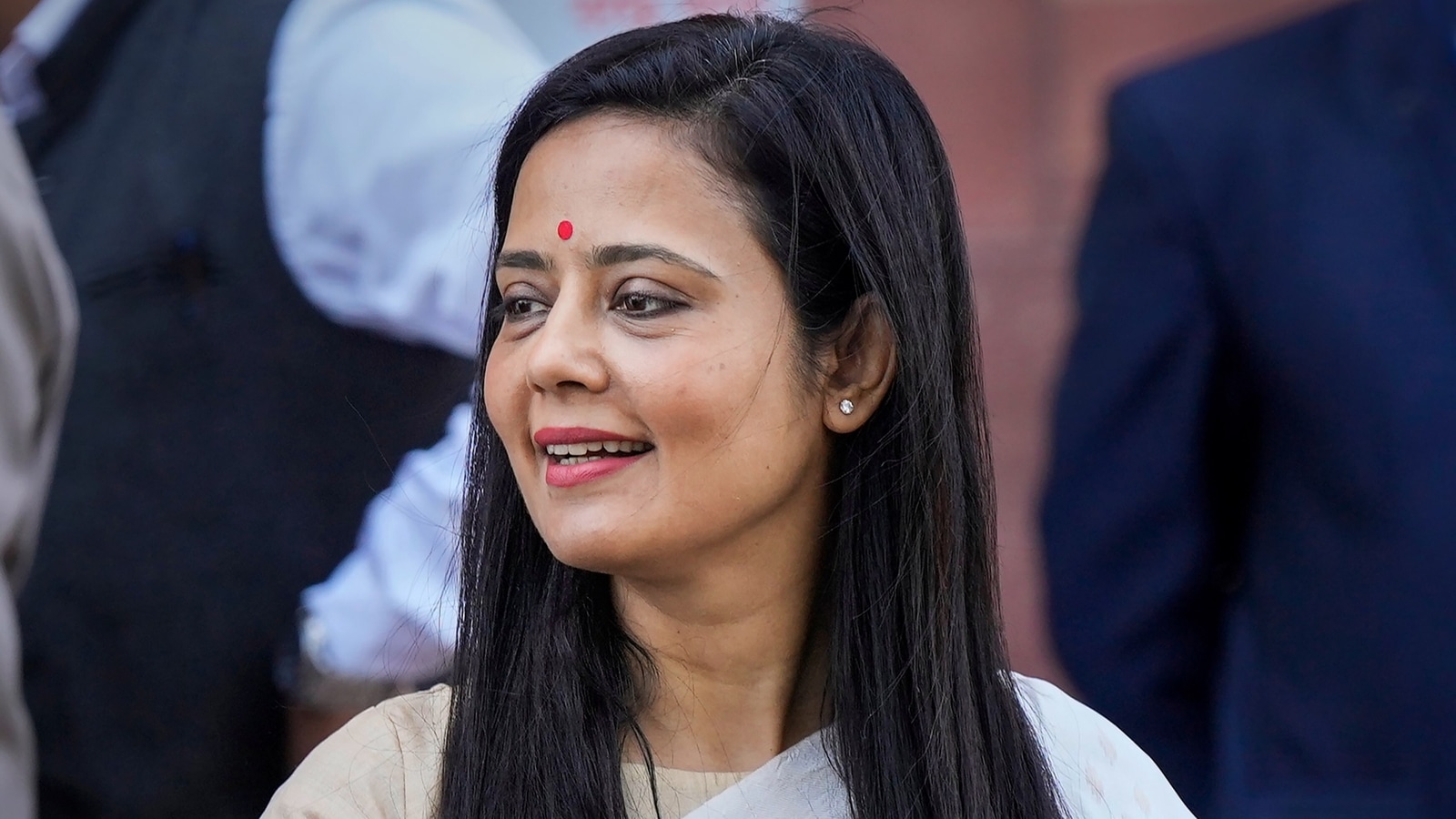‘Unfair’: Trinamool slams Lok Sabha ethics panel’s report on Mahua Moitra

‘Unfair’: Trinamool slams Lok Sabha ethics panel’s report on Mahua Moitra
According to the statement made by Trinamool Congress (TMC) spokesperson and West Bengal minister Shashi Panja, the recent developments related to the Lok Sabha ethics panel’s 500-page report on TMC MP Mahua Moitra have sparked controversy and criticism. Panja’s comments highlight concerns regarding the fairness and ethical conduct of the proceedings.
Panja’s assertion that the report was leaked to the public domain before its scheduled tabling in the Ethics Committee meeting raises questions about the transparency and integrity of the investigation process. The premature disclosure of the report could potentially undermine the credibility and impartiality of the committee’s findings and recommendations, thereby casting doubt on the overall legitimacy of the investigative procedure.
The spokesperson’s criticism regarding the committee’s approach and its preconceived recommendation for expulsion without allowing for a comprehensive and unbiased investigation underscores the need for upholding the principles of procedural fairness and due process in matters of parliamentary conduct and discipline.
The episode emphasizes the significance of adhering to ethical norms and procedural protocols in parliamentary proceedings, highlighting the imperative for ensuring transparency, accountability, and impartiality in the conduct of disciplinary inquiries and investigations within the legislative framework.

The latest information from the Ethics Committee’s chairman Vinod Kumar Sonkar provides insights into the internal dynamics surrounding the committee’s consideration of the report on TMC MP Mahua Moitra. Sonkar’s revelation that six members of the panel supported the report while four members opposed it suggests a significant division within the committee regarding the findings and recommendations.
The disclosure that Congress MP Preneet Kaur is among those who supported the draft underscores the involvement of multiple political parties in the committee’s decision-making process. Sonkar’s clarification regarding the absence of a formal vote within the panel, with the meeting being convened solely for the adoption of the report, sheds light on the procedural intricacies and protocols followed during the committee’s deliberations.
The chairman’s announcement that the committee will be submitting a comprehensive report to Lok Sabha Speaker Om Birla emphasizes the procedural closure of the committee’s proceedings and paves the way for the further consideration of the matter within the parliamentary framework.
The disclosure of these details underscores the complex interplay of political affiliations, procedural norms, and ethical considerations within the context of parliamentary investigations and disciplinary proceedings, highlighting the intricacies involved in addressing issues related to parliamentary conduct and discipline.
The recent accusations made by BJP MP Nishikant Dubey and Supreme Court lawyer Jai Anant Dehadrai against TMC MP Mahua Moitra have intensified the controversy surrounding her alleged involvement in accepting bribes from businessman Darshan Hiranandani. The accusations suggest that Moitra received monetary inducements in exchange for raising questions against the Adani Group and Prime Minister Narendra Modi.
In response to these allegations, Moitra underwent questioning on November 2, during which she reportedly claimed to have faced harassment, citing the nature of the questions posed to her as inappropriate and personal. Her assertion of experiencing harassment underscores the sensitive nature of the issue and the potential implications for the broader discourse on ethical conduct and accountability within the political sphere.
The accusations and subsequent questioning of Moitra highlight the complex interplay of allegations, counterclaims, and procedural protocols within the realm of parliamentary investigations and disciplinary proceedings. The emergence of such allegations underscores the need for a robust and impartial mechanism for addressing accusations of misconduct, while also ensuring the protection of the rights and dignity of the individuals involved in the investigative process.
The developments in this case underscore the critical importance of upholding the principles of transparency, fairness, and due process, while simultaneously safeguarding the integrity and decorum of parliamentary proceedings. They also emphasize the significance of maintaining a conducive environment that fosters constructive and respectful dialogue within the realm of public discourse and political accountability.
The Ethics Committee’s recommendation for the expulsion of TMC MP Mahua Moitra from the Lok Sabha, based on the gravity of the allegations leveled against her, highlights the severity of the situation and the implications for her parliamentary standing and future political career.
Moitra’s response characterizing the committee’s decision as a “pre-fixed match by a kangaroo court” reflects her perception of the proceedings as biased and predetermined, potentially underscoring her stance on the fairness and impartiality of the investigation conducted by the committee.
Her assertion that she will return to the Lok Sabha with a stronger mandate, even if expelled, signifies her confidence and determination to overcome the current challenges and emerge as a resilient political figure, undeterred by the controversies and criticisms surrounding her.
The exchange between Moitra and the Ethics Committee’s recommendation highlights the intense nature of the ongoing dispute and its potential implications for the broader political landscape, emphasizing the significance of upholding the principles of transparency, fairness, and due process in matters concerning parliamentary conduct and disciplinary proceedings.




